The Tertiary Sector Decree: a key step in the energy transition for tertiary buildings
The energy transition represents a major challenge for the future of our planet and the fight against global warming. In this context, buildings, particularly those used for commercial purposes, are a key concern, since they account for almost 44% of final energy consumption and more than 25% of greenhouse gas emissions in France. It is for this reason that the government has introduced the tertiary sector decree, a measure designed to significantly reduce the energy consumption of tertiary buildings by 2050.
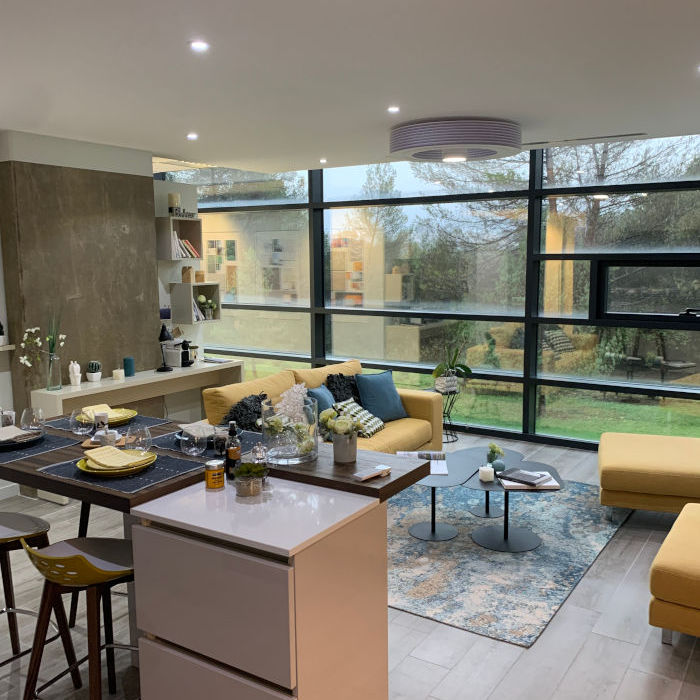
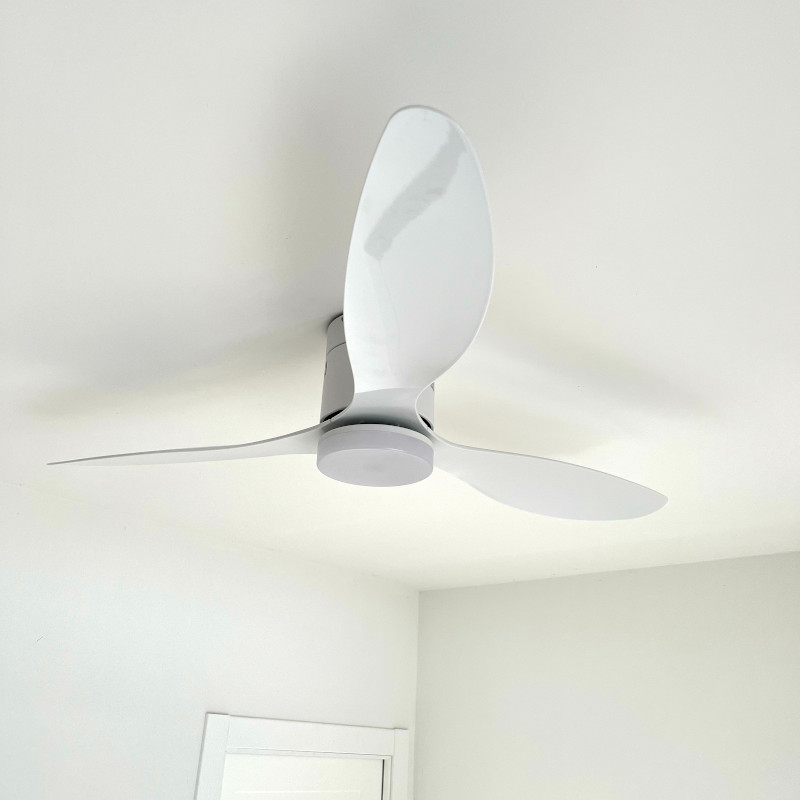
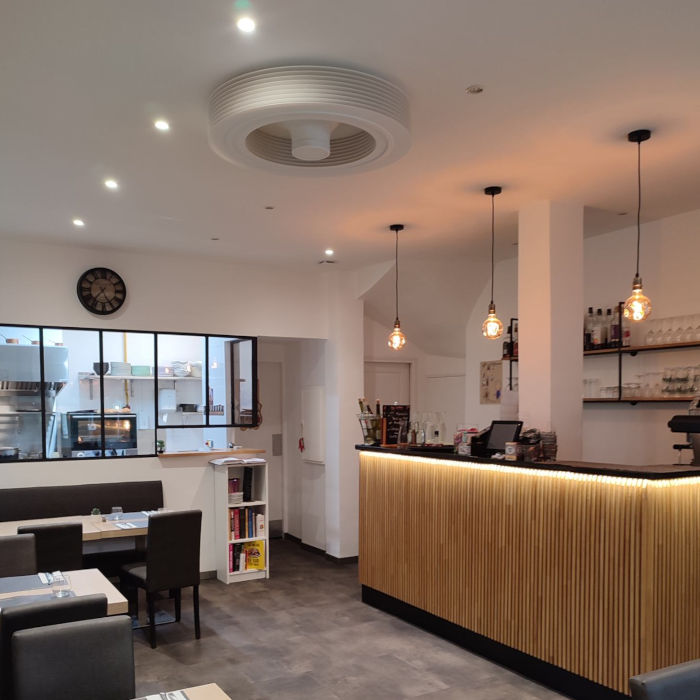
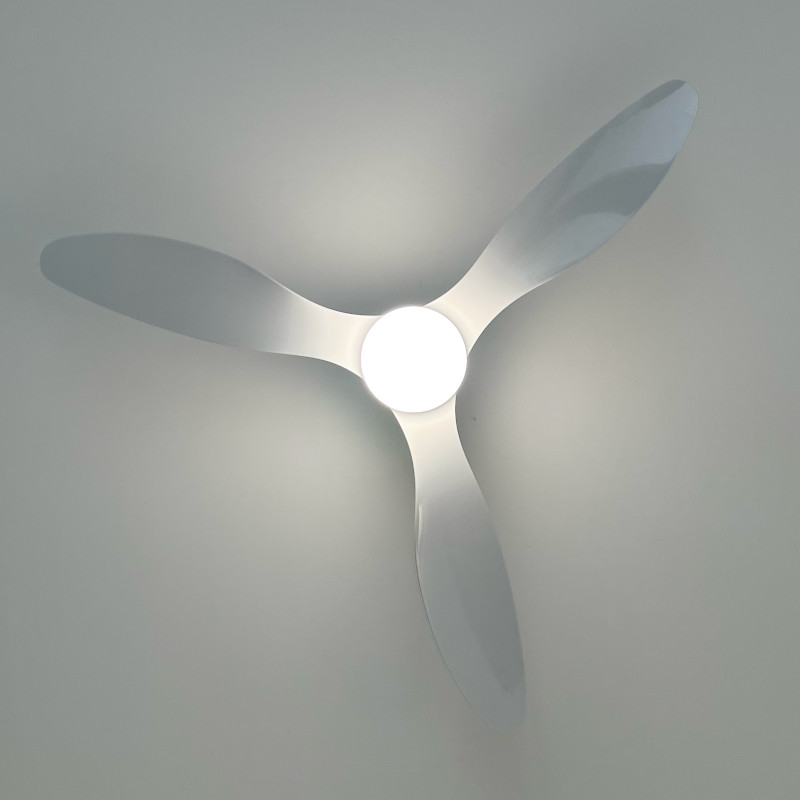
What is the ertiary sector decree?
Coming into force on 1 October 2019, the tertiary sector decree aims to reduce the energy consumption of tertiary sector buildings by at least 40% by 2030 compared with their baseline consumption (year 2010 or closest available year). The decree is part of the French ELAN law (Evolution du Logement, de l’Aménagement et du Numérique) and strengthens existing provisions on the energy performance of buildings.
The buildings concerned
The tertiary sector decree applies to all tertiary sector buildings or groups of buildings in France with a floor area of 1,000 m² or more. The owners, occupiers and managers of these buildings are required to comply with this regulatory obligation and to take concrete steps to reduce their energy consumption.
The objectives set
The tertiary sector decree provides for a gradual, quantified reduction in the energy consumption of the buildings concerned:
- 40% energy savings by 2030 compared with baseline consumption;
- 50% energy savings by 2040 compared with baseline consumption;
- 60% energy savings by 2050 compared to baseline consumption.
These targets will be reviewed every five years in order to adapt requirements to technological progress and changes in the energy market.
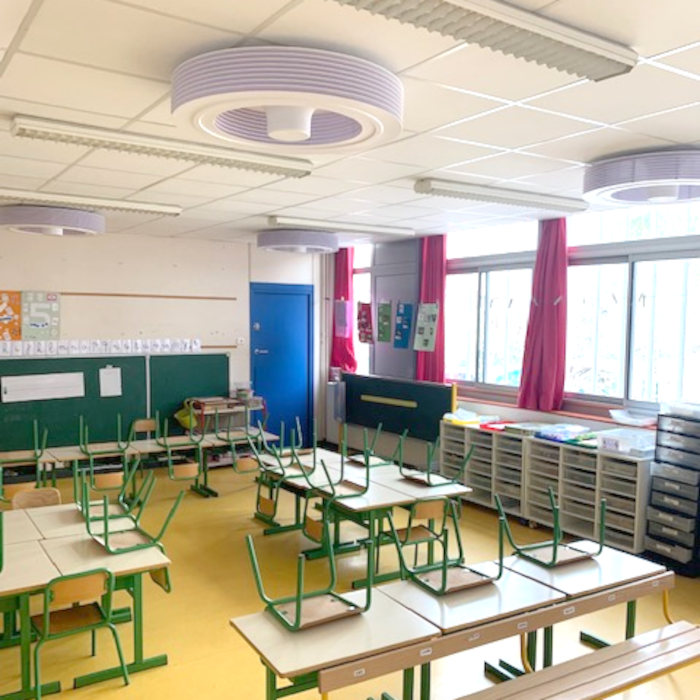
What are the solutions for achieving the objectives of the tertiary sector decree?
To meet the requirements of the tertiary sector decree, the players involved need to put in place energy strategies tailored to their buildings and their uses. Numerous solutions exist for optimising the energy performance of commercial buildings and making energy savings. Among the solutions recommended to achieve this objective, the use of ceiling fans appears to be an effective solution that is simple to implement.
Why opt for a ceiling fan?
Ceiling fans improve air circulation inside a building. By stirring the ambient air, they help to distribute heat or coolness more evenly, depending on the season, and thus help to maintain a more uniform temperature. Thanks to this action, it is possible to optimise the operation of heating and air-conditioning systems, thereby reducing their energy consumption and complying with the requirements of the tertiary sector decree.
Ceiling fans also offer a number of other advantages:
- They help to improve the thermal comfort of building occupants;
- They reduce the risk of damp and condensation;
- They prevent the phenomenon of air stratification, which is characterised by a build-up of heat under ceilings.
Save energy with a ceiling fan
Below are a few examples of savings that can be made to meet the objectives of the decree in the tertiary sector.
Seasonality plays an important role in energy savings (summer comfort, winter comfort, interseasons):
- In summer: Make energy savings by increasing the summer set point for air-conditioned offices (between 7 and 10% savings per degree gained);
- In winter: Winter destratification, for high-rise and standard premises, using slow speed (approximately 3% savings per metre of ceiling height);
- Mid-season: Shorter air-conditioning periods thanks to the use of fans/breathers in mid-season.
Financing for energy improvements and technical support
Financial assistance
A number of financial aid schemes can be used to support initiatives to promote the energy transition in commercial buildings: financing for diagnostics (ADEME), Energy Savings Certificates, Fonds Chaleur (ADEME), BPI France eco-energy loan, etc.

Technical support
To help those involved implement the right solutions and meet the targets set by the tertiary sector decree, you need to call on OPQIBI-qualified thermal consultancies (the benchmark certification body). To get started, contact us. You’ll benefit from our expertise and advice tailored to the specific needs of commercial buildings.
The tertiary sector decree represents an important step in the energy transition for tertiary buildings in France. Thanks to its ambitious targets and existing technical solutions, this measure should make it possible to significantly reduce energy consumption and greenhouse gas emissions in the tertiary sector. However, if these targets are to be met, all the players involved need to be actively committed to the approach and receive effective support.
Contact us for your projects:
BRASSEURS D’AIR RE2020
2 Avenue Pythagore, BAL 33
06560 Valbonne, France
04 92 38 96 50
contact@brasseurs-air-re2020.com
Register at
Already a member?
* Your password must contain at least one lower case letter, one upper case letter and one number.
